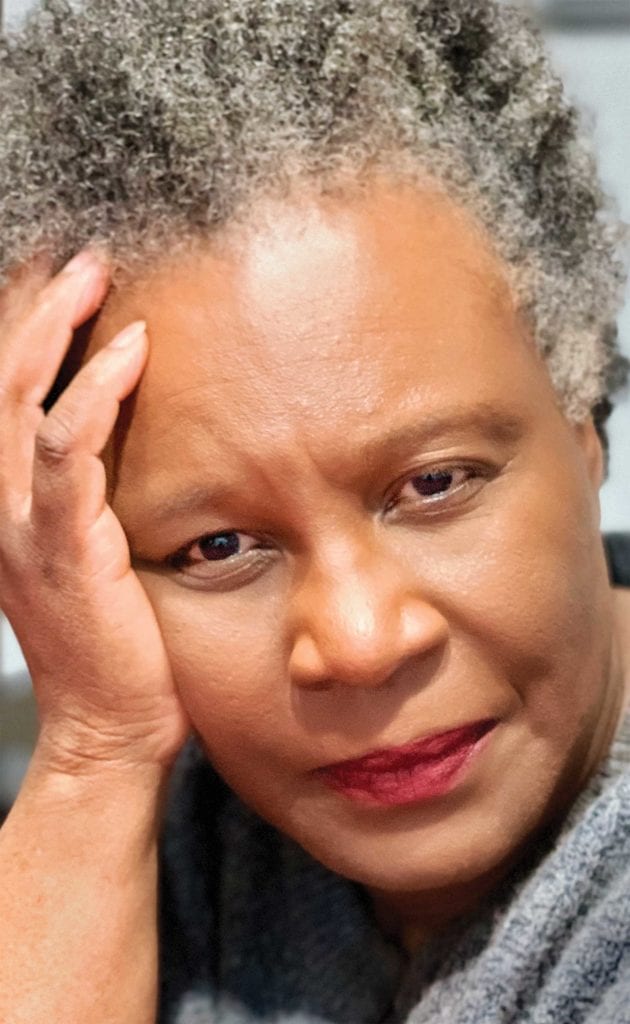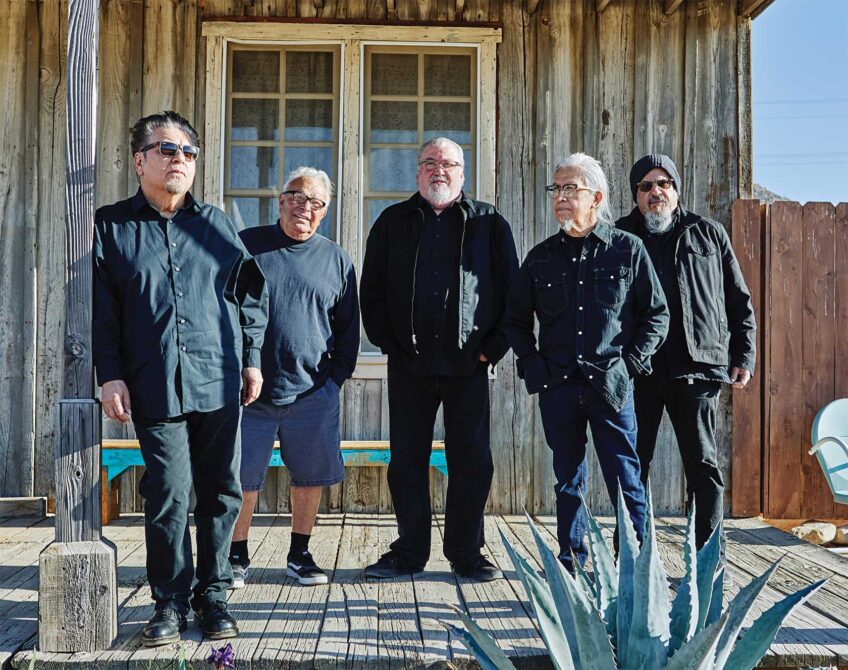
Author Claudia Rankine recently took part in a virtual conversation hosted by Harvard Bookstore in Cambridge. Joining her in the online event was Kierstan Carter, a doctoral student in African and African American Studies at Harvard.
Their conversation focused on Rankine’s latest book, “Just Us: An American Conversation,” the third in Rankine’s trilogy of essays and poems that began with “Don’t Let Me Be Lonely” in 2004, followed by “Citizen: An American Lyric,” winner of the 2014 National Book Critics Circle Award in Poetry. Each carves new ground in what it asks of the reader — to take part in an intimate, personal reflection on race in America.
A 2016 MacArthur Fellowship recipient, Rankine invested the grant money in founding her Racial Imaginary Institute, a venture she describes as an “interdisciplinary cultural laboratory” that convenes scholars, artists and activists who are exploring “whiteness,” unconscious racial bias shaping daily life and policies in America.
Rankine brings multiple art forms to her exploration. A poet, essayist and playwright, she is also a professor of poetry at Yale University. Her play, “The White Card” premiered in Boston in 2018 with an ArtsEmerson/American Repertory Theater production.
Asked by Carter what she means by “whiteness,” Rankine spoke of the need for a broader term than “white privilege” to address the mobility gap enforced by racism, whether explicit or hidden. “It’s not about money,” said Rankine, “which too often closes a conversation on racism with a white person, who responds with the ‘bootstrap narrative’ — ‘I worked hard to get where I am.’”
Instead, Rankine wants to open such conversations and peel back layers of assumptions that keep unconscious racism hidden but still at play in daily life. With “Just Us,” Rankine tells Carter, she wants to provoke exchanges that lead to “a fuller and truer story.” She said, “I don’t seek purity. I can take the complexity of an individual who does some good things and does not like Black people.”
In her essays and poems, Rankine reflects on her own encounters with racist behaviors or remarks and, by example, invites readers to do the same. In her new book, alongside her writing are images that function as evidence or anthropological specimens. They include a page from a coloring book in which a child gave Goldilocks brown skin; an 18th-century archive on inheriting slaves; and the iconic photo of teenager Elizabeth Eckford, one of the Little Rock Nine, heading to a formerly all-white school, surrounded by angry adults.
Getting people to see a racist remark for what it is, Rankine often confronts the speaker in the hope of beginning an honest exchange. Often these encounters occur in what she describes as “liminal” spaces — settings that bring people beyond their usual boundaries, such as theaters, dinner parties and airports. But some are closer to home.
Rankine tells Carter of a recent incident that could have provoked such inspection. Police came to her house in response to a burglar alarm. After she and the presiding officer determined that it was a false alarm, her husband, who is white, drove up and introduced himself. The officer turned to him and said, “She said she lives here.”






